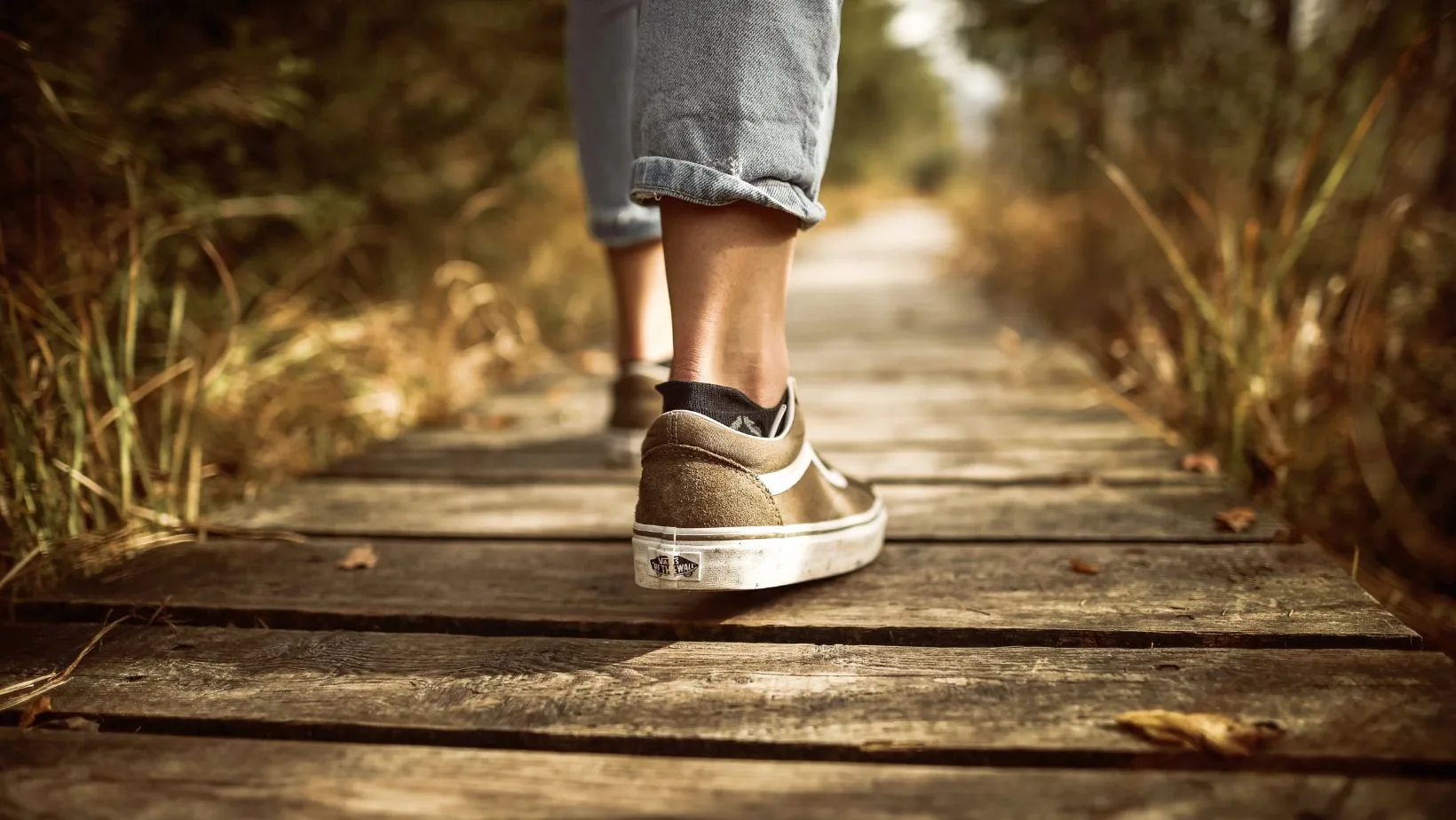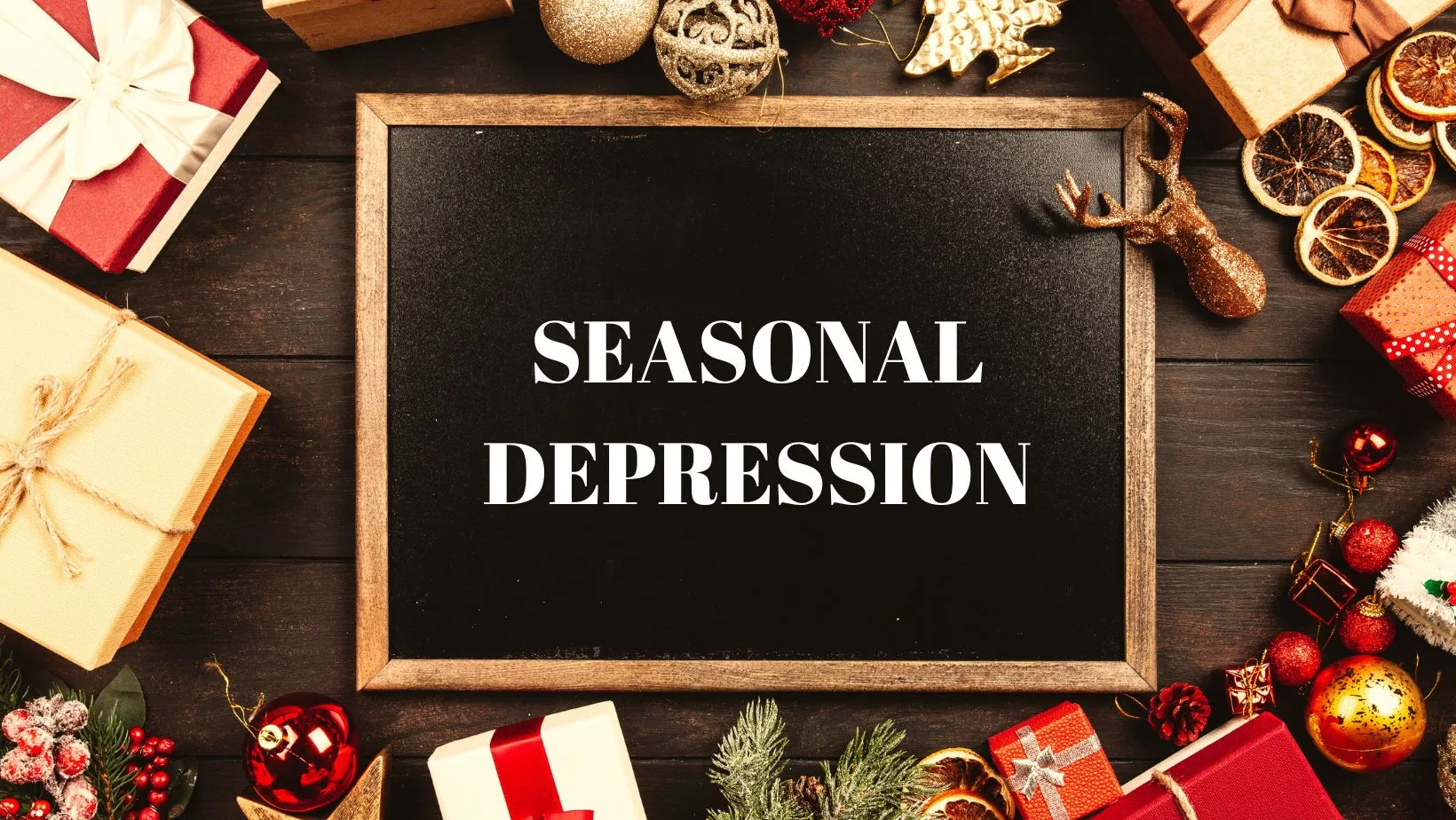What is Seasonal Depression?
If you are not feeling happy or excited for the seasonal holidays, you are not alone! Many of us are not with our families, some of us have recently lost our loved ones, some of us might have had strained relationships or worse, we do not even know the reason. In all, it is completely fine to feel this way.
Seasonal Depression or Seasonal Affected Disorder (SAD) during holiday season, also called as winter blues, is a type of depression triggered by a change in seasons, usually when fall starts. This seasonal depression gets worse in the late fall or early winter before ending in the sunnier days of spring. Millions of Americans suffer from seasonal depression every year, many of them do not know. You may feel moody and lower energy. Since this has a tendency to extend for longer periods, make sure to keep your mood and motivation steady enough during this time.
It is normal to have some days when you feel down. It is totally okay to not want to wake up or be irritable when the days are short and there isn’t enough sunlight. However, if you feel a significant change in your sleep timings, appetite, normal activities, hopelessness, it is important to seek professional help.
Signs and Symptoms of Depression during Seasonal Holidays
According to National Institute of Mental Health, seasonal depression can be characterized by a recurrent seasonal pattern, with symptoms that last about 4−5 months in a year. If you’re suffering from seasonal depression, you may experience some or all of the below symptoms:
Sadness:
Persistent sadness, depressed, anxious or feeling empty for most time of the day. You may feel low or down while doing anything.
Hopelessness:
Negative emotions or feeling hopeless and not looking forward to any event or activity.
Irritability:
Feeling frustrated, phases of anger, restless or irritability in any activity. This also includes feeling worthless and guilty.
Loss of Interest :
Loss of interest or pleasure in any hobbies or activities. It includes withdrawal from social activities or socially hibernating.
Physical Aches:
Body aches, headaches, cramps, digestive issues that might not be resolved through any medications are due to this disorder.
Low energy/ fatigue:
Feeling lethargic , low energy and feeling sleepy during the day. Feeling slowed down.
Changes in Sleep and Appetite:
Poor sleep and poor appetite that might lead to sudden weight loss. Sleeping patterns might make you feel sleepy during the day and awake during the night. Sudden overeating might also be another sign.
Suicidal thoughts:
Increases thoughts of hopelessness might result in feeling like ending life. Thoughts of death may recur in the head.
Causes of Seasonal Depression
Altered levels of Melatonin:
Melatonin is a hormone which is essential for our body to maintain a sleep cycle. The lack of sunlight overproduces melatonin in our body. Such an increase may cause dizziness or oversleeping.
Reduced Serotonin levels:
Serotonin is a brain chemical that helps in regulating mood. Since sunlight regulates the level of molecules to maintain serotonin, it gets reduced in the winter season due to less daylight and shorter days.
Internal body clock:
Changes in sunlight also alters our body’s internal clock. Such clock further changes our mood, sleep or hormones.
Ways to Deal with Seasonal Depression
1. Take some Sun:

While you may not feel like going outside, when you suffer from seasonal depression, getting sunlight could act as a therapy. Sunlight contains Vitamin D and can regulate our serotonin and melatonin levels. When inside on sunny days, make sure to open curtains and let as much light flow inside your house. Even when there is no sunlight, going outside will still help. Additionally, taking Vitamin D supplements may improve seasonal depression symptoms. You can consult a healthcare provider about any dietary supplements and prescriptions for Vitamin D.
2. Light Therapy:
When you feel sunlight isn’t enough, light therapy can work wonders. Over many years light therapy is being used to treat season affected depression during winters. A special lamp called as light box can be used for this treatment. Light Box produces 20 times brighter light than our ordinary indoor lighting. A session of 30-45 minutes of light therapy everyday can treat seasonal depression.
3. Talk to friends:
Do not isolate yourself completely. Find someone to talk to. It could be your partner or an old friend or someone in your family. Talking to our loved ones relieves loneliness that can reduce the effects of seasonal depression. Hanging out face to face works the best, but video calling your favorite people could helpful too.
4. Take a Walk:

Physical activity can trigger endorphins and serotonin in our body which are also called as happy hormones. Take up any activity that you like- it could be a sports, yoga, workout, dance, swimming, jogging, running or cycling. Choose whatever you feel makes you happy and be consistent. When you don’t feel like doing anything among these, you can always take a 30-45 minute walk outside in the nature. Many studies prove that walking in nature or green areas can boost our mental health.
5. Professional Help:
Seeking professional help using therapy or counselling can bring new perspectives and new habits to treat such depression. Cognitive Behavioral Therapy (CBT) can assist people to challenge their negative thoughts and change their existing behaviors in order to improve seasonal depression.
6. Do what you like doing:
Remember its seasonal holidays ! Take a break and do what you feel like doing. Do you have a hobby that you could not continue due to the busy schedule? Well, now is the time to start again. Is there anything new that you wanted to learn? Pick up something like gardening, painting, knitting etc. and give yourself the break of the year. Doing things that you like will help you regain the lost energy and you will get back stronger.
In most cases, seasonal depression or winter blues, pass on by themselves. As we said before, it is totally fine to not feel the most excited or happiest in this season. The idea of seasonal holidays is to take a break from anything that stresses you out and give yourself the time that you deserved all year. Remember, your mental health comes first.
Related Reads:
How Do You Know If You Have Depression?

